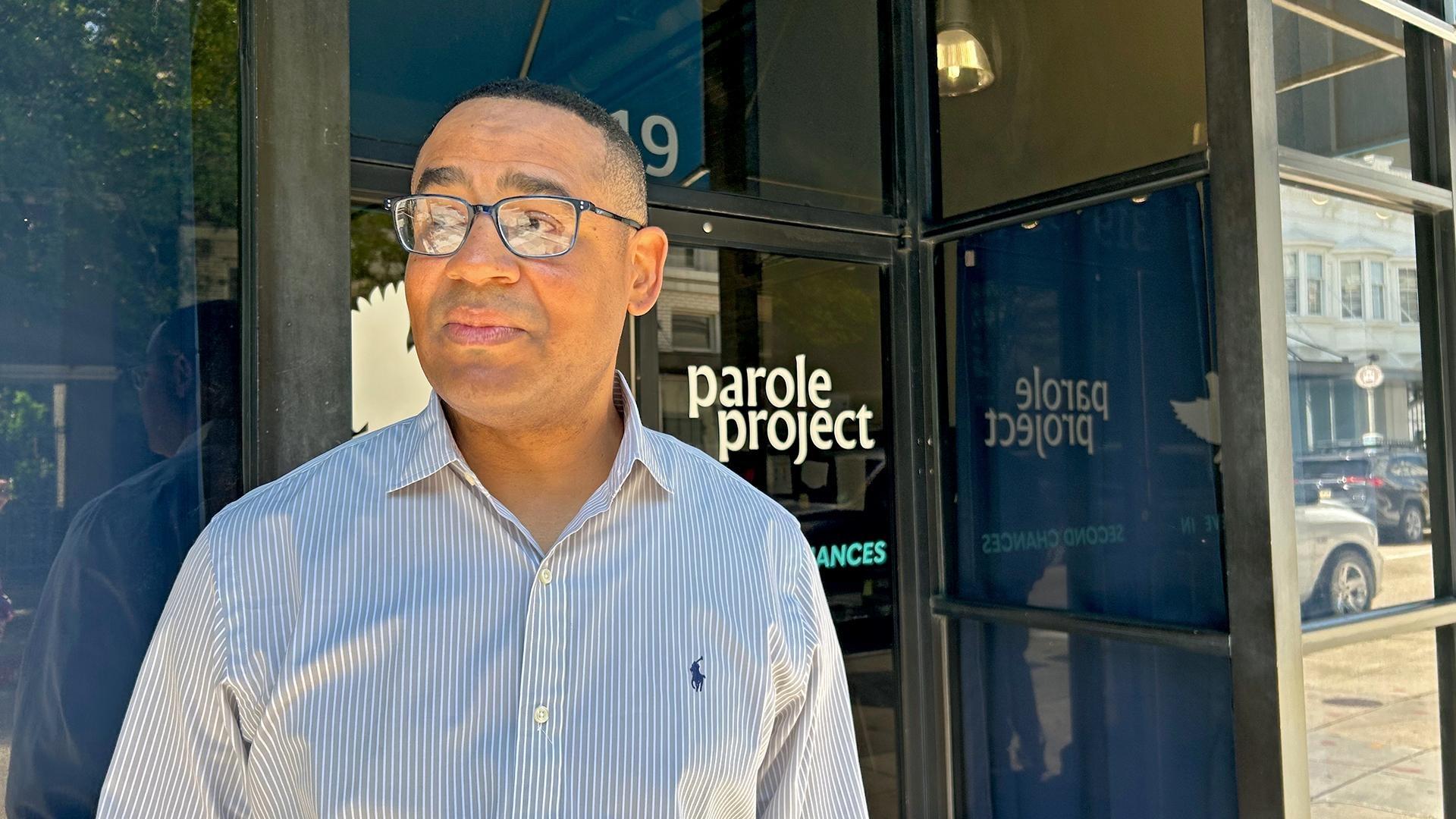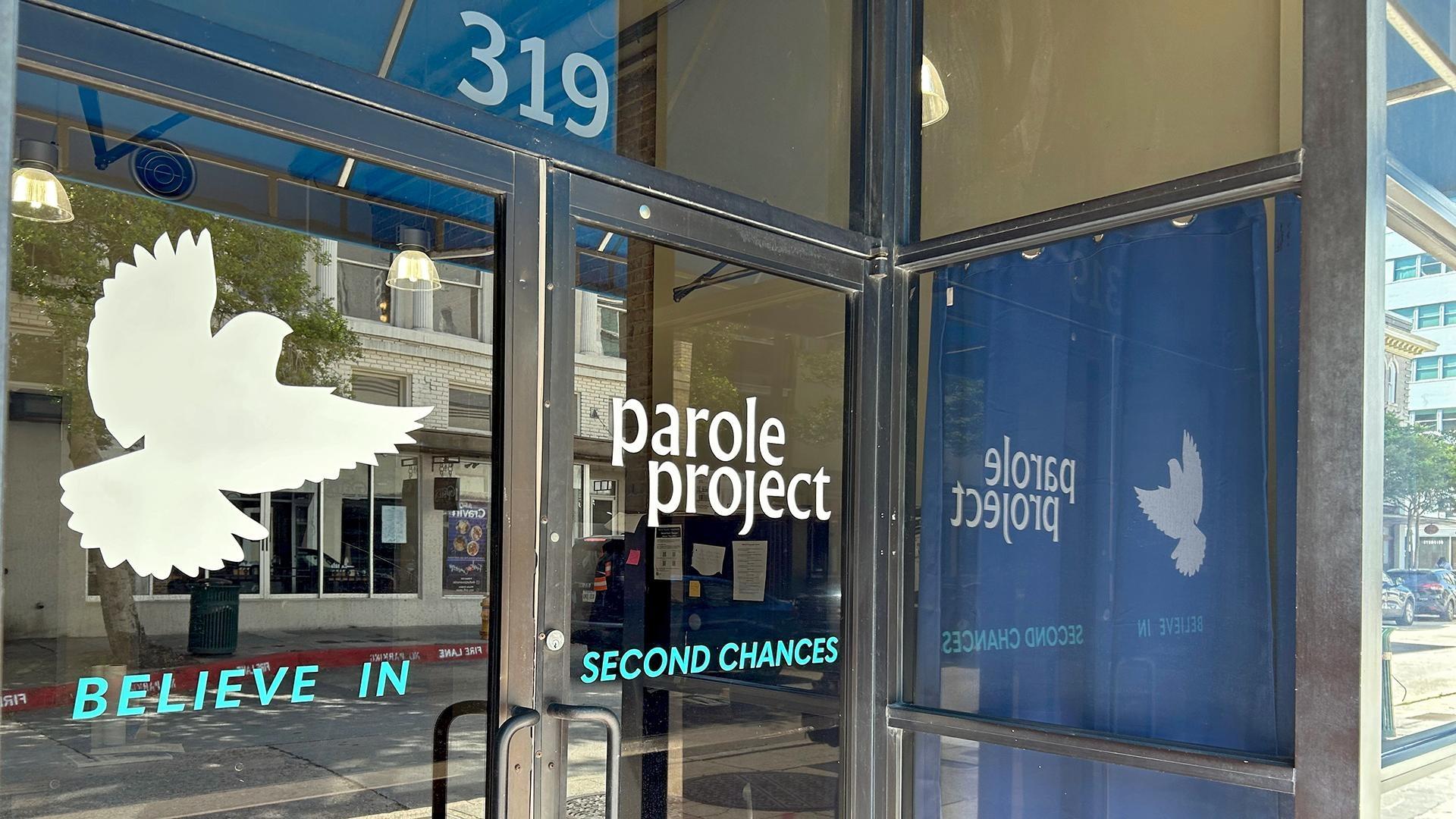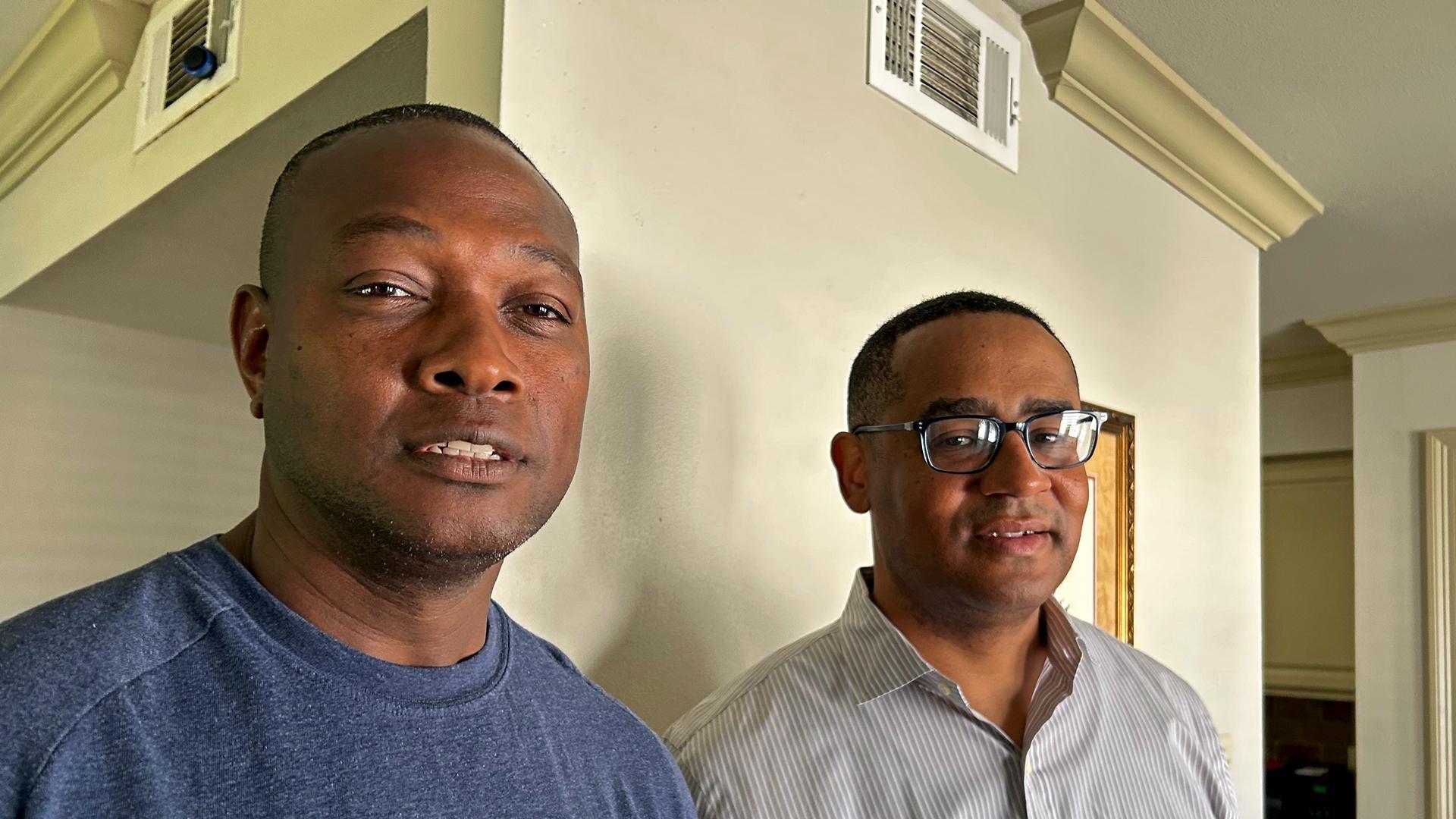As part of his client advocate work, Olivier helps teach clients about navigating relationships. That area can be a challenge, explains Tarika Daftary-Kapur, a professor at Montclair State University in New Jersey who has studied juvenile lifers' reentry experiences.
Family reconnections in particular can be hard to get used to. People coming home have missed years of day-to-day interactions with family members, and relatives often remember them more clearly as kids.
"They're sort of treated as children as opposed to grown men," Daftary-Kapur said. "And that can lead to some disconnect. It can lead to frustration."
They have also often missed out on critical developmental stages around dating and romantic relationships that most people go through in their teenage years.
Catherine Jones, who now works as co-director of outreach and partnership development for the Campaign for the Fair Sentencing of Youth,was not sentenced to life imprisonmentbut was incarcerated when she was 13 and released at 30. She was so young that she recalls being told in prison that she couldn't buy cigarettes.
When she came home, she navigated an "identity crisis" her mother described best.
"She said, 'I don't know if you want to be a 13-year old-girl and lay your head on my lap, and be babied, or if you wanna be this 30-year-old woman that wants to be independent and figure out things on her own,'" Jones said.
"And the truth was — I was both."
Jones said it took hard work to get up to speed on the humdrum tasks of being an adult, like driving, opening a 401(k) or filling out student-aid forms as she applied to college, which she felt many of her peers had already mastered.
She now has small children, and reminds herself to savor the pleasures of being free.
"Like, just going in my refrigerator and getting fresh fruit and eating it. It's been 10 years and I still get amazed when I'm out places and I'm doing things," she said.
Daftary-Kapur said these journeys are sometimes made more challenging by what programming people have had access to inside prisons.
In some systems, people serving life sentences don't necessarily go to the front of the line for access to rehabilitation or education. She said corrections systems could be more vigilant about thinking about those things as more people are resentenced.
Training in advance of release is important, said Shon Williams, a reentry specialist for Louisiana Center for Children's Rights who was a juvenile lifer. Sometimes people have trade skills but could use more education.
People also need help navigating practical roadblocks, such as when people who were accustomed to driving trucks for work in prison run into the reality of background checks that look for past convictions.
"Guys come home being lost, being scared," he said.






